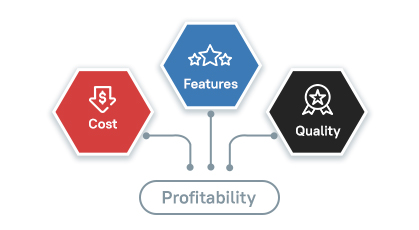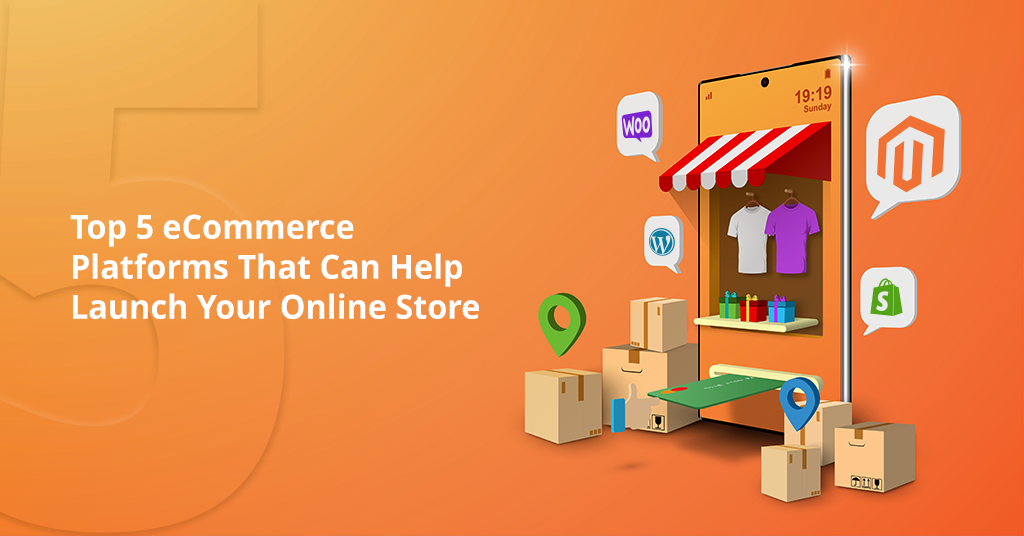One of the most important decisions for any business leader involves choosing the right eCommerce platform for an online store. This is because the platform will showcase the eCommerce store to the visitor. Whether it is about exhibiting relevant products and services in an eye-catching and attractive way or communicating about the unique features of different deliverables, the eCommerce platform helps lend a unique personality and an unforgettable association to the visitor. Eventually, this can help convert them into returning customers and loyal patrons.
What to Look for in an eCommerce Platform?
Aside from engaging and attractive web interfaces, an eCommerce platform empowers businesses to stay accessible to customers. This includes store locations, easy product or service delivery, and easy payment options.

The relevant eCommerce solutions will need to consider engagement requirements across physical locations. This includes international stores and shopping preferences. On the other hand, entrepreneurs and startup businesses will look at engagement with niche customers. Additionally, eCommerce platforms must help startups scale up as they move up the growth curve. A strong eCommerce platform will ideally include the following:
- Attractive and eye-catching templates
- Easy navigation
- Convenient payment options
- Ability to scale and grow per business needs
Here are some elements of different eCommerce platforms that you can compare easily. Take a look below:
BigCommerce |
|
|
|
|
|
WooCommerce |
|
|
|
|
|
|
Shopify |
|
|
|
|
|
|
Magento |
|
|
|
|
|
|
OpenCart |
|
|
|
|
|
|
|
|
Why Your Business Needs Professional Assistance
Even tech-savvy businesses can sometimes find it overwhelming to ensure timely client deliverables while taking care of essential business needs and growth goals. Here are some ways in which professional assistance can help:
- Multiple platforms are available in the market. But businesses need to know which platform is the right one for them. Determining this can be time-consuming. Hence, professional assistance can help businesses make the correct decision.
- On the other hand, professional assistance with store-building can help reduce time, effort, and stress while empowering businesses to focus on client needs and different ways of meeting them.
- Professional assistance can provide businesses with expertise that helps them choose the right platform.
- Expertise can help guide business leaders through the needs assessment process and help them choose the best eCommerce platform that can be deployed for their business.
- Technical support levels for most platforms may be different in terms of accessibility and actual technical assistance. Thus, professional assistance can help businesses manage downtime better.
Next Steps
- Learn more about the benefits of professionally managed IT services and how our expertise can help boost profitability for your eCommerce business.
- Email us at sales@analytix.com or call us at 781.503.9003 today.
- Follow our blog for industry trends and the latest updates.
- Engage with us on LinkedIn and Twitter.
